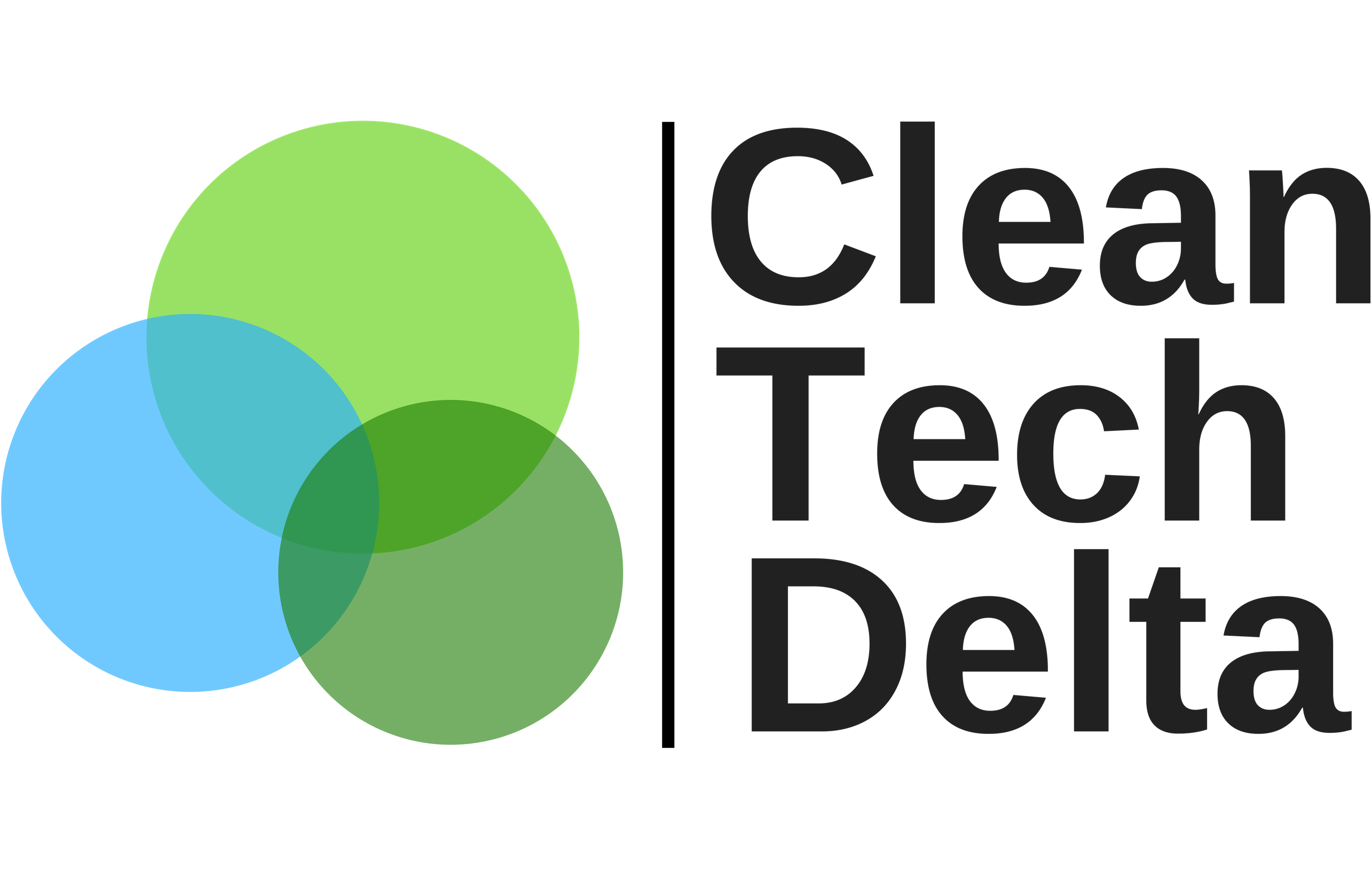![]()
Introduction
European CO2 emission targets must be measured at an European level but require a drastic reduction of the emissions at national and city levels. The timescale is decades and this will only be feasible if economical growth is decoupled from carbon emissions There are essentially three strategies to reduce the accumulation of CO2 in the atmosphere: reduce emissions by the use of energy efficient technologies and non-carbon fuels, long-term removal of CO2 by storing it in stable geological media, and utilising/converting the CO2 into useful products that will otherwise require carbon sources. It is likely that all three strategies will be employed to meet meaningful CO2 reduction for future generations.
The optionality of using CO2 as a renewable resource would add significantly to the solution. CCU is not a wedge as such but seeing CO2 as a renewable resource rather than a pollution or waste is a strategic direction for industry. The optionality of using CO2 as a renewable resource would add significantly to the solution. CCU is not a wedge as such but seeing CO2 as a renewable resource rather than a pollution or waste is a strategic direction for the fossil industry.
Potential uses are various: ranging from fuels, chemicals and materials to agriculture and food. Feedstock availability is abundant: 36 GT annual emissions, the equivalent of 1.1B garbage trucks. The challenge, however, is economic economic capture and conversion into competitive products with the right performance as an alternative for conventional value chains.
whilst considered challenging from a technological and cost perspective, attracts much attention form industry and academics.
Landscaping study
The Deltalinqs energy forum organised a knowledge session and commissioned a report by CE Delft. TNO work focusses on chemicals and fuels and Ecofys assessed the mitigation potential of a Co2 smart grid. Clean Tech Delta developed an (international) network of knowledge parters like Nova institute, Lux Research, Rocky Mountain Institute , the CO2 initiative and various industry experts from for example Linde and BASF, and did a preliminary landscaping, supported by Smart Port and Port of Rotterdam.
Strategy development
The landscaping study has been completed and was presented to the sponsors. The coming months we will answer the “so what” question and develop some strategies with industry aimed at CCU innovative projects.
